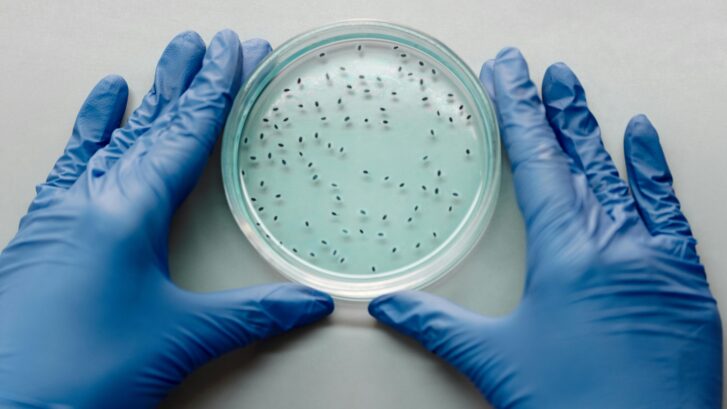Understanding E. coli and How to Stay Safe
E. coli outbreaks, like the recent one linked to McDonald’s Quarter Pounder hamburgers, are a reminder of the importance of food safety. This outbreak has sickened nearly 50 people across 10 states, with one tragic death and several hospitalizations. Our primary care doctors in Jupiter share what you need to know about E. coli, its symptoms, and how to protect yourself and your family.
What is E. coli?
E. coli (Escherichia coli) is a type of bacteria commonly found in the intestines of humans and animals. While most strains are harmless, some, like E. coli O157:H7, can cause severe illness. This strain produces a toxin that can lead to food poisoning, serious complications, or even death.
How Does E. coli Spread?
E. coli is primarily spread through contaminated food or water. Common sources include:
- Undercooked Meat: Ground beef is a frequent culprit.
- Raw Vegetables: Produce can become contaminated through improper handling or tainted water.
- Unpasteurized Milk and Juices: These can harbor harmful bacteria.
- Cross-Contamination: Using the same utensils or cutting boards for raw and cooked foods.
The recent McDonald’s outbreak suggests that onions used in their hamburgers were the source of contamination.
Symptoms of E. coli Infection
Symptoms typically appear 3-4 days after exposure and may include:
- Severe stomach cramps.
- Diarrhea (often bloody).
- Vomiting.
- Fever over 102°F.
While most people recover in about a week, some may develop life-threatening complications, like kidney failure. Children under 5 and older adults are particularly at risk.
How to Protect Yourself from E. coli
- Practice Good Food Safety:
- Cook meat thoroughly to an internal temperature of at least 160°F.
- Wash all fruits and vegetables under running water.
- Avoid cross-contamination by keeping raw and cooked foods separate.
- Wash Your Hands:
- Use soap and water before and after handling food, using the restroom, or touching animals.
- Be Cautious with Dairy Products:
- Consume only pasteurized milk, cheese, and juices.
- Check Food Labels:
- Ensure products are properly stored and avoid items past their expiration date.
- Stay Informed:
- Monitor food recalls and outbreak reports from trusted sources like the CDC or FDA.
What to Do If You Suspect an Infection
If you or someone in your family experiences symptoms of E. coli, especially bloody diarrhea or severe stomach cramps, seek medical attention immediately. Early treatment can prevent complications and promote recovery.

